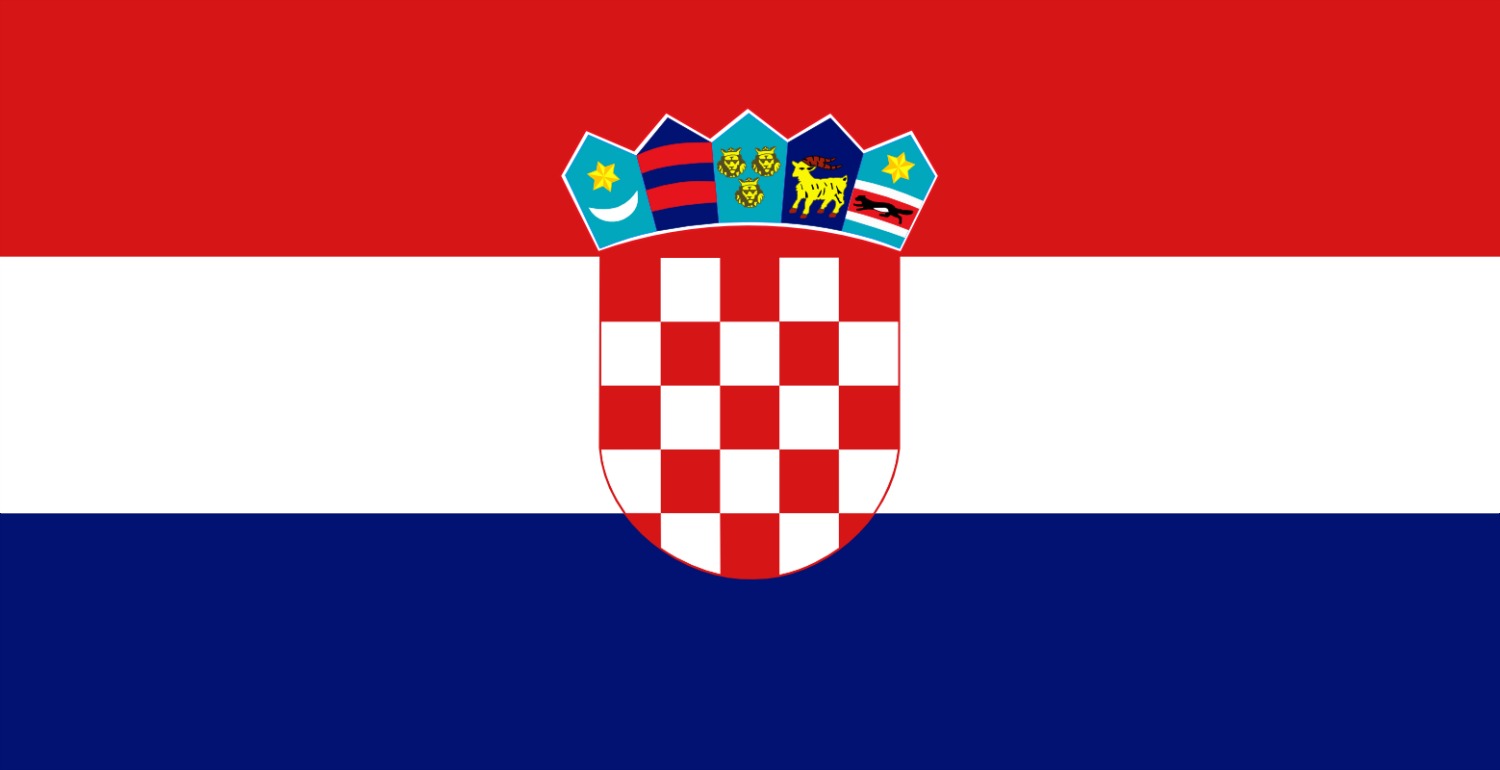On August 2, 1992, Croatia held elections for the position of President of the Republic as well as for seats in the House of Representatives, one of two chambers in Croatia’s “Sabor,” or Assembly. These were the second multi-party elections in Croatia since 1990, when alternative political parties first competed for power. They were, however, the first since Croatia proclaimed itself an independent state in 1991, and achieved international recognition as such in 1992, following the violent disintegration of Yugoslavia.
Incumbent Franjo Tudjman easily won a first-round victory among a field of eight presidential candidates. His party, the ruling Croatian Democratic Union (HDZ), also won just over half of the parliamentary seats allocated in proportion to votes for the lists of 17 parties, and a very large number of the seats designated for particular electoral districts. This result allows the HDZ to form a new government alone rather than in coalition with other parties. A shift to the far right, which many feared, did not materialize.
Despite a number of open questions, the election results likely reflect the legitimate choice of Croatia’s voting population. At the same time, the elections demonstrated disappointingly little democratic progress in Croatia since 1990. Detracting most from the elections was the lack of serious effort by the authorities to instill confidence in the electoral system, followed by the perceived political motivation in scheduling them in August. The elections also revealed some shortcomings on the part of the opposition, including a lack of coordinated effort to ensure that they were conducted freely and fairly.
Croatia has a western-oriented, well educated and sophisticated society which provide a basis for democratic government. Decades of communist rule and a fierce nationalism linked to Croatia’s search for independence have, at the same time, unleashed societal trends contrary to democratic development.
The context in which these elections took place was also complicated by the conflict in Croatia that began in earnest in July 1991 as militants among the alienated ethnic-Serb population of Croatia, with the encouragement of the Serbian leadership in Belgrade and the help of the Yugoslav military, demonstrated violently their opposition to the republic’s independence. After severe human casualties, population displacement and destruction, the conflict generally ended in January 1992 with a U.N. negotiated ceasefire that included the deployment of U.N. protection forces on much of Croatia’s territory
A new constitution and growing stability argued for holding new elections. Despite opposition complaints that August was not an appropriate time for elections, President Tudjman scheduled them with the likely calculation that his party stood its best chances in a quick election before growing economic hardship and pressure for genuine democratization replaced the joys of independence and renewed peace.
During the campaign period, 29 political parties fielded candidates. They faced no major difficulties in organizing rallies and distributing their literature to the public. At the same time, the Croatian media was only moderately free, with television and radio broadcasts much less so than newspapers and journals. Only toward the end of the campaign did the media seem to open up fully
The stated objective in organizing the elections was to be fair and impartial to all contending parties. At the same time, the electoral procedures were not as fully satisfactory as they easily could have been, raising suspicions of an intent to manipulate the results. However, opposition political parties considered the process sufficiently fair for them to compete. They also had the opportunity to have observers present at polling stations and election commissions on election day.
According to a constitutional law on the matter, Croatia’s national minorities enjoy certain rights regarding their representation in governmental bodies. Ethnic Serbs, the only large minority with some 12 percent of the population, were guaranteed a greater number of seats in the new Sabor than all other minorities combined, but, unlike the smaller minorities, no elections were held in which ethnic Serbs alone could chose their representatives. This was viewed as discriminatory treatment of the Serbian minority, despite apparently small Serbian participation in the elections.
Balloting on election day was orderly, despite the enormous complications caused by the conflict and questions of citizenship and voter eligibility in a newly independent country. There were few complaints in regard to the way in which the voting and counting were carried out, although several isolated problems were reported and the security of ballots cast by voters abroad was a constant concern.
Despite these faults, holding elections might well have been a watershed for Croatia. Problems in that country’s democratic development were given closer scrutiny, and public concerns can now shift from the recent past to future prospects. The winners could view their easy win as a mandate for continuing current policies, largely viewed as nationalistic and insufficiently democratic. However, the far right’s poor performance could lessen pressure on the HDZ to show its nationalist colors and permit greater democratic development. The behavior of HDZ leaders to date favors the status quo in the short run, but domestic and international pressure could both encourage more significant democratic reform than has been seen thus far.







